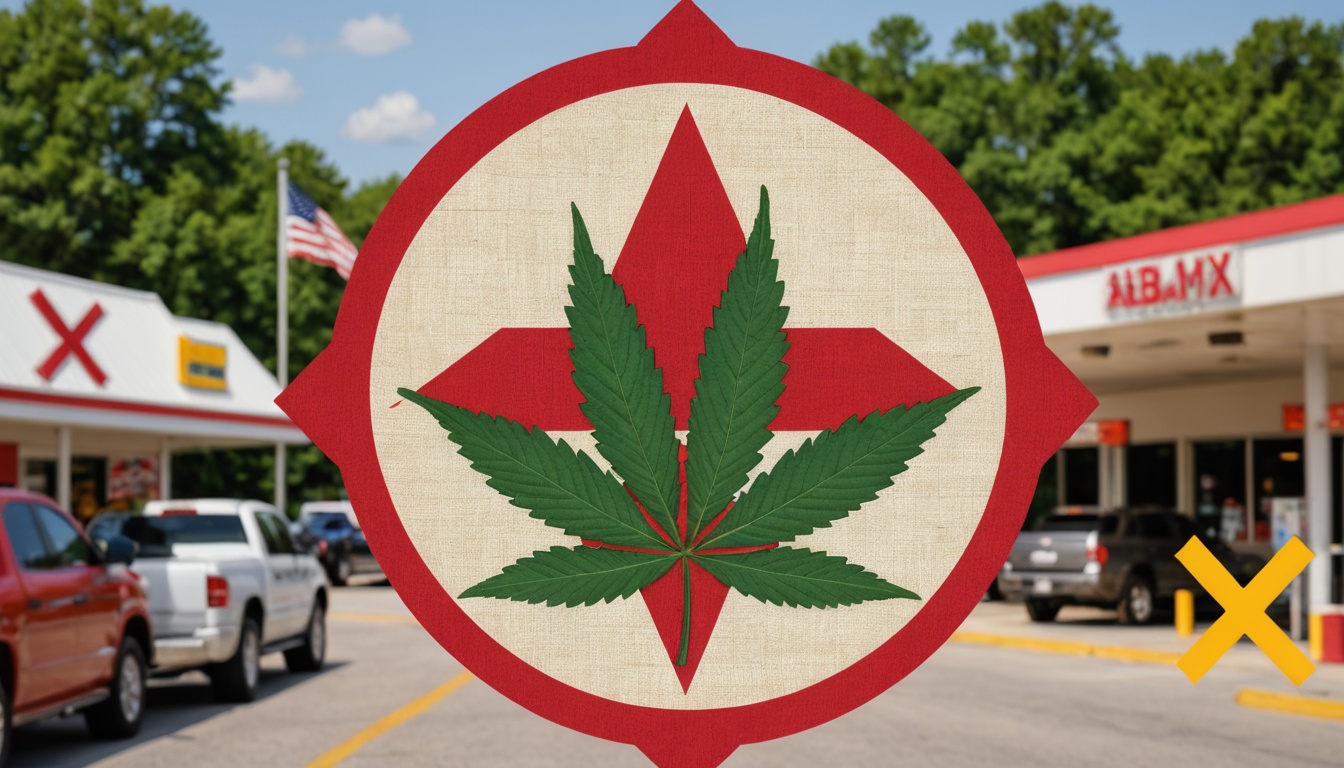Alabama’s Attorney General’s Office Clarifies THC Law Ahead of July 1 Implementation
The Alabama Attorney General’s Office has issued a clarification on the state’s new law regulating hemp and THC products, which takes effect on July 1. According to the office, it will be illegal to sell or possess smokable hemp products starting July 1, as they are not considered “consumable hemp products” under the law.
The law, HB445, defines consumable hemp products as finished products intended for human or animal consumption that contain any part of the hemp plant or its compounds. Examples of consumable products include gummies and drinks. Smokable hemp products, on the other hand, include plant products or raw hemp material marketed as hemp cigarettes, cigars, joints, buds, flowers, leaves, or ground flowers.
The law also gives retailers with a license to sell hemp products until January 1, 2026, to fully comply with the state’s labeling, serving size, and product content requirements. After this date, businesses must meet these requirements to sell consumable hemp products.
The law does not legalize marijuana, but rather regulates hemp products to ensure consumer safety. The Alabama Alcoholic Beverage Control Board will be responsible for regulating all hemp products, including lowering the dosage on edibles and removing them from gas stations.
Governor Kay Ivey signed the bill into law despite protests from some who called for a veto. The law’s sponsor, Representative Andy Whitt, said that the law does not completely ban hemp, but rather aims to regulate it to ensure public safety. The law allows for the sale of CBD oil and other hemp-based products at pharmacies, but not at gas stations or convenience stores.












